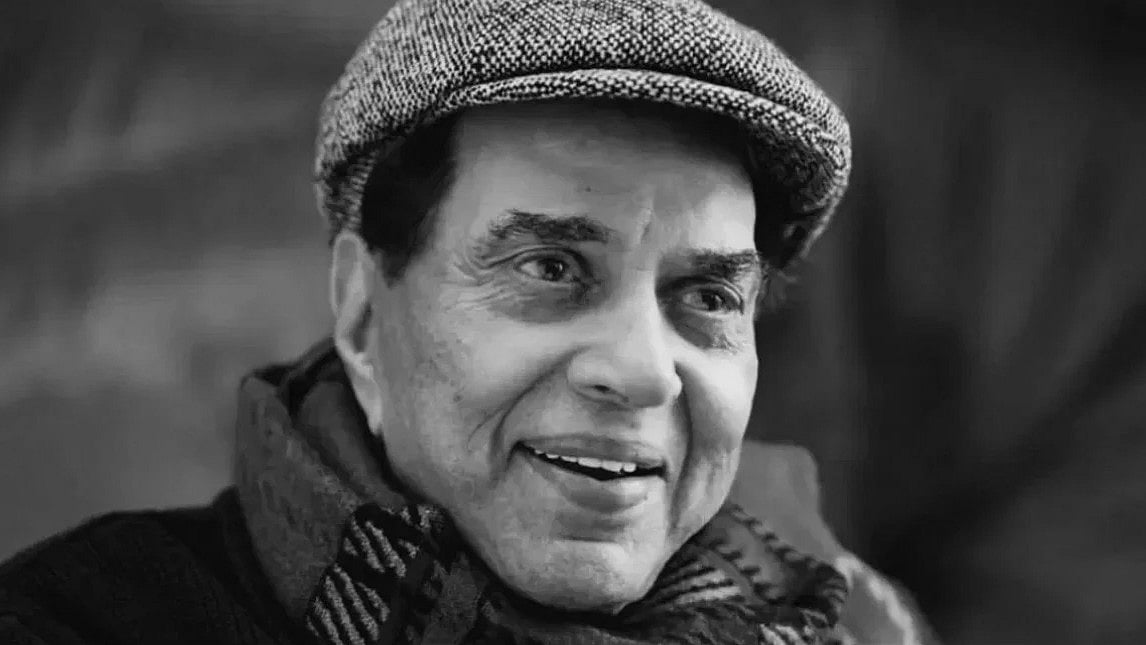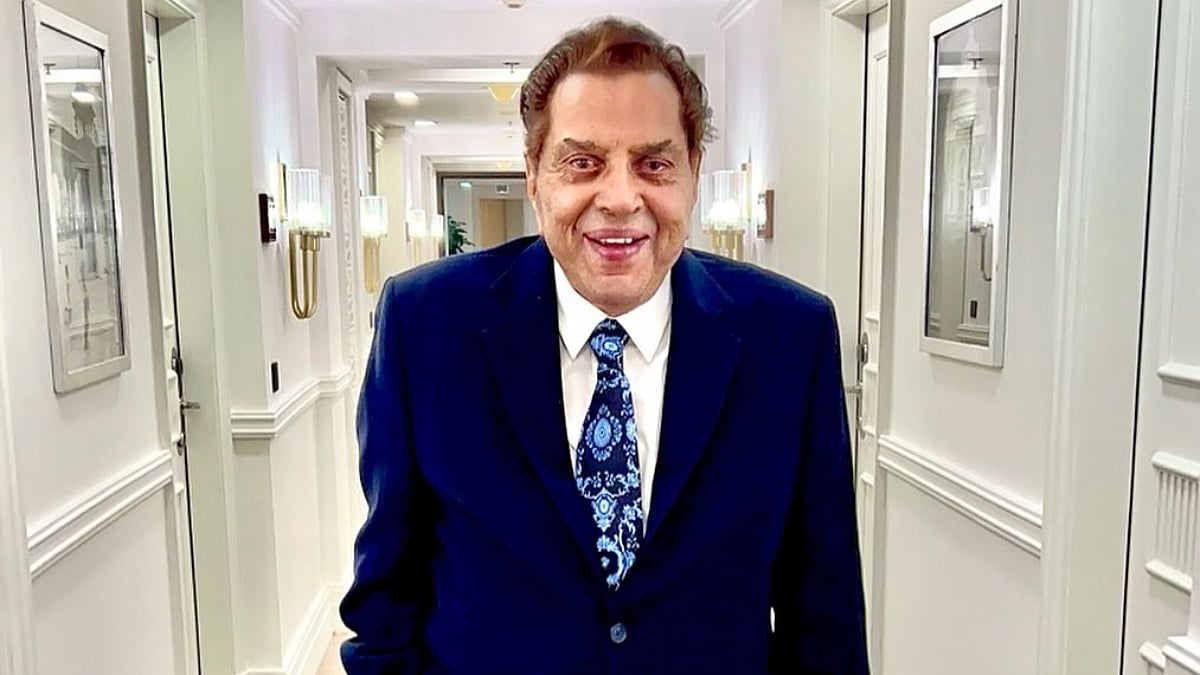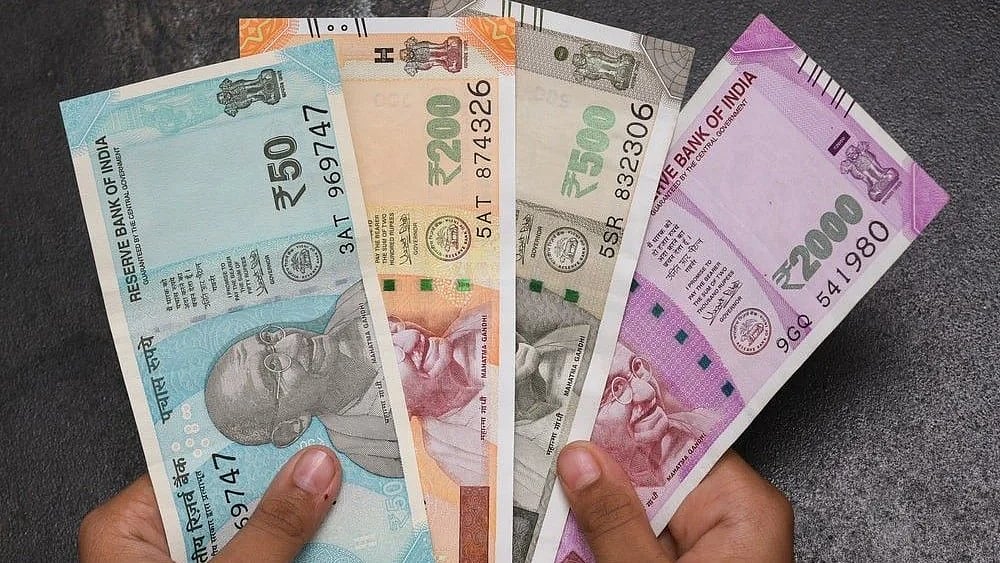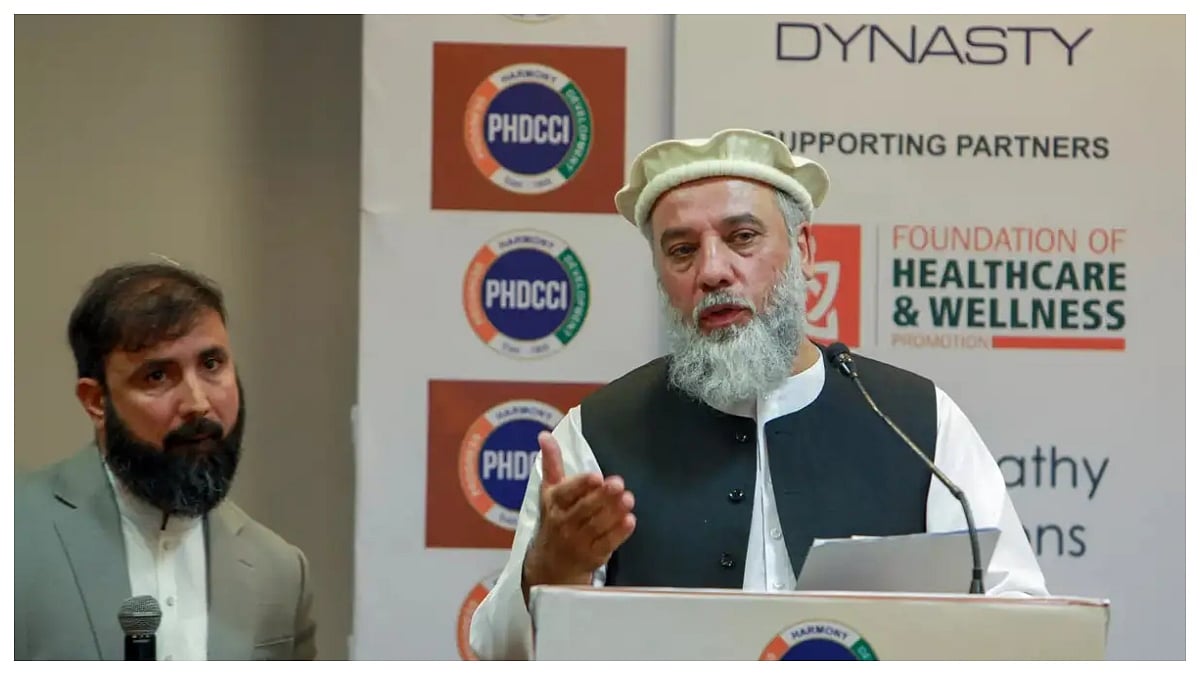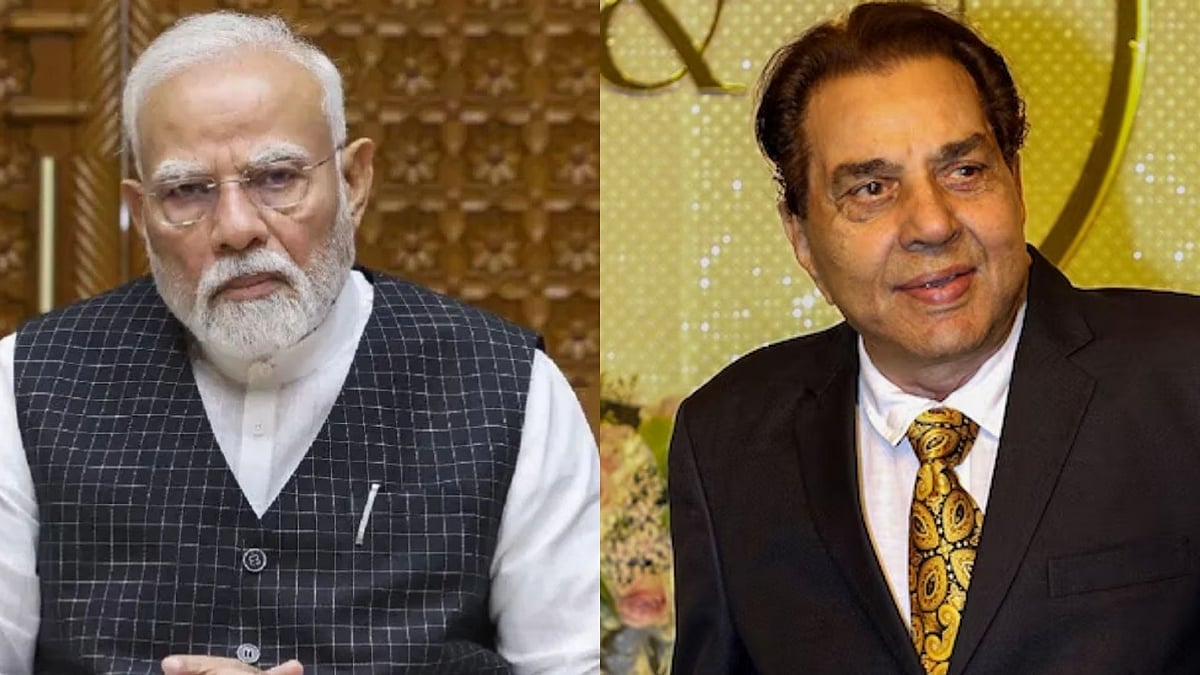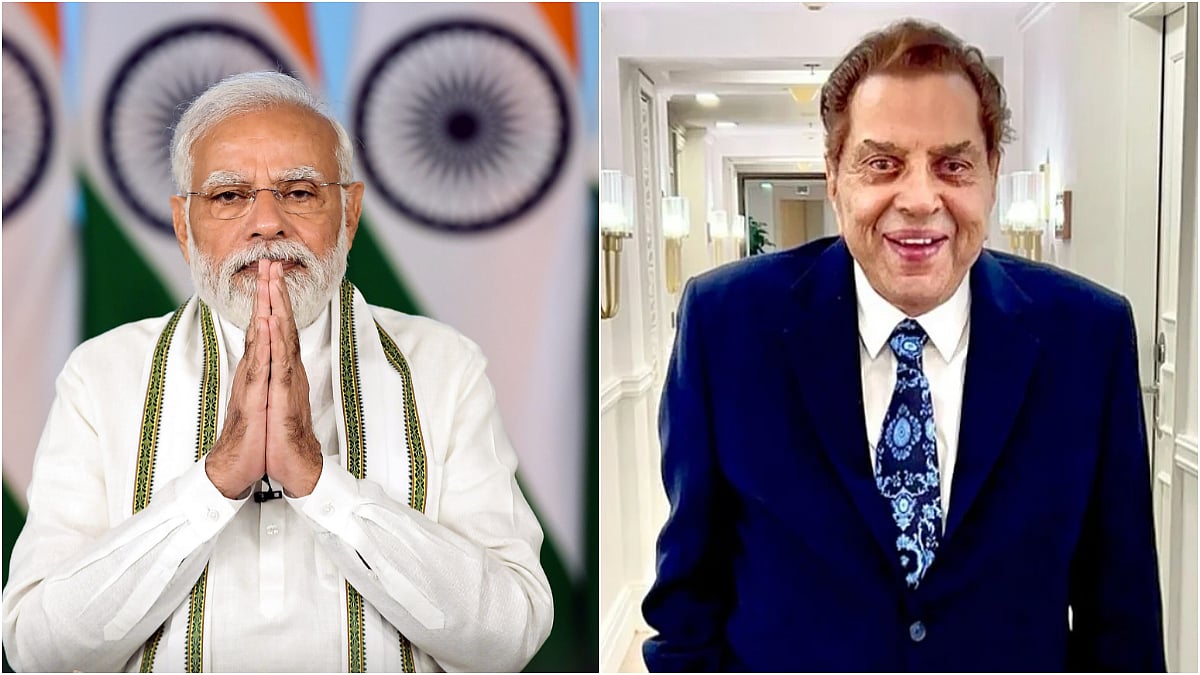Mumbai: Veteran actor Dharmendra, widely known as Bollywood’s He-Man, died at the age of 89 on Monday, November 24, leaving behind a six-decade legacy that shaped Indian cinema.
While his film career remains the foundation of his public identity, he was also known for his brief and controversial political stint.
When did Dharmendra contest his last election?
Dharmendra contested his first and only election in 2004 when he won the Lok Sabha seat from Bikaner, Rajasthan, on a Bharatiya Janata Party (BJP) ticket. His candidature came during the party’s “India Shining” campaign and was strongly backed by senior leaders including LK Advani. Riding on immense popularity, he defeated Congress candidate Rameshwar Lal Dudi by almost 60,000 votes.
His time in Parliament, however, was marked by limited participation. Reports from the period recorded sparse attendance in the House, with Dharmendra often choosing to focus on films and personal commitments. He also courted criticism during the campaign for saying he should be elected “dictator perpetuo to teach basic etiquette that democracy requires”. By 2009, he decided not to seek re-election.
He later expressed regret about entering politics at all. In a candid remark, he once said, “Kaam main karta tha, credit koi aur le jaata tha. Perhaps that place was not for me,” reflecting his discomfort with political culture. His son Sunny Deol also said in an interview that Dharmendra “did not like politics”.
Why did he walk away from his political life?
After completing his term, Dharmendra publicly distanced himself from active politics. He insisted he had left the field entirely and would not return. Although he remained visible during elections, particularly in 2019 when he campaigned for Sunny Deol in Gurdaspur, he repeatedly clarified that he was not a practising politician. During that campaign he told reporters, “I have come here not to deliver political speeches as I am not a politician. I am a patriot.”
Even after withdrawing from electoral politics, Dharmendra continued to comment on national issues, including expressing solidarity with farmers in 2021.
